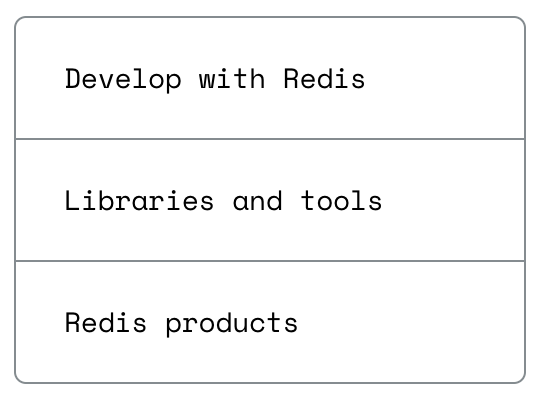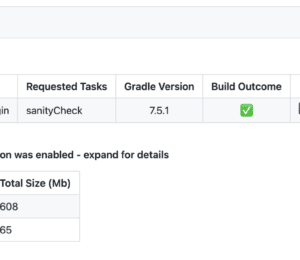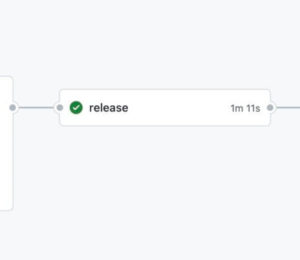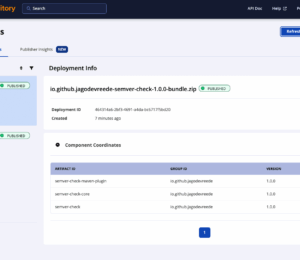Using my new Raspberry Pi to run an existing GitHub Action
- April 23, 2024
- 5155 Unique Views
- 3 min read
Recently, I mentioned how I refactored the script that kept my GitHub profile up-to-date. Since Geecon Prague, I'm also a happy owner of a Raspberry Pi:
Though the current setup works flawlessly - and is free, I wanted to experiment with self-hosted runners. Here are my findings.
Context
GitHub offers a large free usage of GitHub Actions:
GitHub Actions usage is free for standard GitHub-hosted runners in public repositories, and for self-hosted runners. For private repositories, each GitHub account receives a certain amount of free minutes and storage for use with GitHub-hosted runners, depending on the account's plan. Any usage beyond the included amounts is controlled by spending limits.
Yet, the policy can easily change tomorrow. Free tier policies show a regular trend of shrinking down when:
- A large enough share of users use the product, lock in
- Shareholders want more revenue
- A new finance manager decides to cut costs
- The global economy shrinks down
- A combination of the above
Forewarned is forearmed. I like to try options before I need to choose one. Case in point: what if I need to migrate?
The theory
GitHub Actions comprise two components:
- The GitHub Actions infrastructure itself.
It hosts the scheduler of jobs. - Runners, which do run the jobs
By default, jobs run on GitHub's runners. However, it's possible to configure one's job to run on other runners, whether on-premise or in the Cloud: these are called self-hosted runners.
The documentation regarding how to create self-hosted runners gives all the necessary information to build one, so I won't paraphrase it.
I noticed two non-trivial issues, though. First, if you have jobs in different repositories, you need to set up a job for each repository. Runner groups are only available for organization repositories. Since most of my repos depend on my regular account, I can't use groups. Hence, you must duplicate each repository's package on the runner's Pi.
In addition, there's no dedicated package: you must untar an archive. This means there's no way to upgrade the runner version easily.
That being said, I expected the migration to be one line long:
jobs:
update:
#runs-on: ubuntu-latest
runs-on: self-hosted
It's a bit more involved, though. Let's detail what steps I had to undertake in my repo to make the job work.
The practice
GitHub Actions depend on Docker being installed on the runner. Because of this, I thought jobs ran in a dedicated image: it's plain wrong. Whatever you script in your job happens on the running system. Case in point, the initial script installed Python and Poetry.
jobs:
update:
runs-on: ubuntu-latest
steps:
- name: Set up Python 3.x
uses: actions/setup-python@v5
with:
python-version: 3.12
- name: Set up Poetry
uses: abatilo/actions-poetry@v2
with:
poetry-version: 1.7.1
In the context of a temporary container created during each run, it makes sense; in the context of a stable, long-running system, it doesn't.
Raspbian, the Raspberry default operating system, already has Python 3.11 installed. Hence, I had to downgrade the version configured in Poetry. It's no big deal because I don't use any specific Python 3.12 feature.
[tool.poetry.dependencies] python = "^3.11"
Raspbian forbids the installation of any Python dependency in the primary environment, which is a very sane default. To install Poetry, I used the regular APT package manager:
sudo apt-get install python-poetryThe next was to handle secrets. On GitHub, you set the secrets on the GUI and reference them in your scripts via environment variables:
jobs:
update:
runs-on: ubuntu-latest
steps:
- name: Update README
run: poetry run python src/main.py --live
env:
BLOG_REPO_TOKEN: ${{ secrets.BLOG_REPO_TOKEN }}
YOUTUBE_API_KEY: ${{ secrets.YOUTUBE_API_KEY }}
It allows segregating individual steps so that a step has access to only the environmental variables it needs. For self-hosted runners, you set environment variables in an existing .env file inside the folder.
jobs:
update:
runs-on: ubuntu-latest
steps:
- name: Update README
run: poetry run python src/main.py --live
If you want more secure setups, you're on your own.
Finally, the architecture is a pull-based model. The runner constantly checks if a job is scheduled. To make the runner a service, we need to use out-of-the-box scripts inside the runner folder:
sudo ./svc.sh install sudo ./svc.sh start
The script uses systemd underneath.
Conclusion
Migrating from a GitHub runner to a self-hosted runner is not a big deal but requires changing some bits and pieces.
Most importantly, you need to understand the script runs on the machine.
This means you need to automate the provisioning of a new machine in the case of crashes.
I'm considering the benefits of running the runner inside a container on the Pi to roll back to my previous steps.
I'd be happy to hear if you found and used such a solution. In any case, I'm not migrating any more jobs to self-hosted for now.
To go further:
- About billing for GitHub Actions
- About self-hosted runners
- Configuring the self-hosted runner application as a service
Originally published at A Java Geek on March 10th 2024
Redis just got a whole lot better!
We just announced a bunch of new tools and features that a simpler way to build fast, powerful AI apps.
More Info Here!
Don’t Forget to Share This Post!












Comments (0)
No comments yet. Be the first.